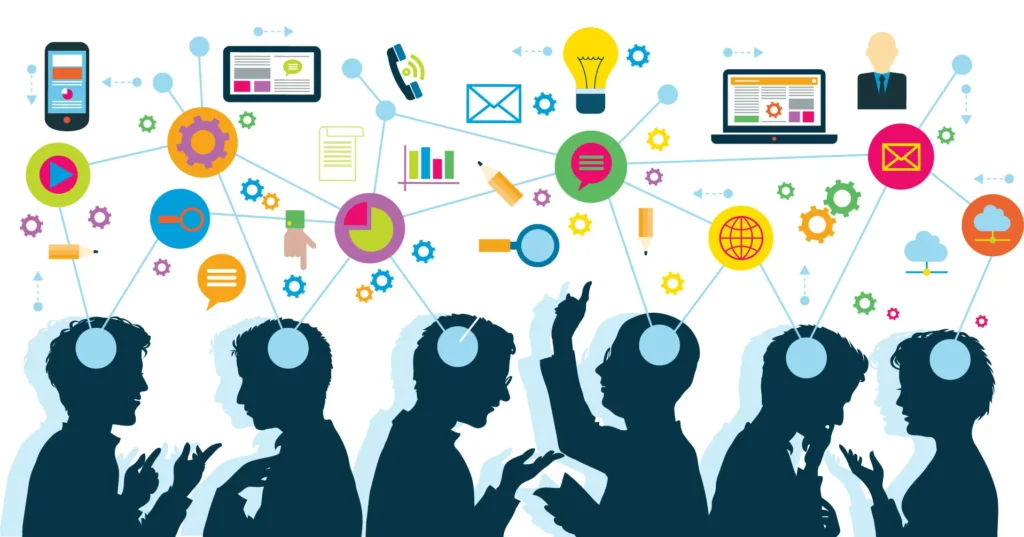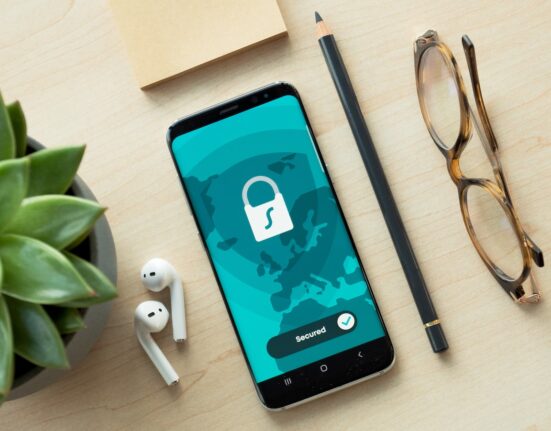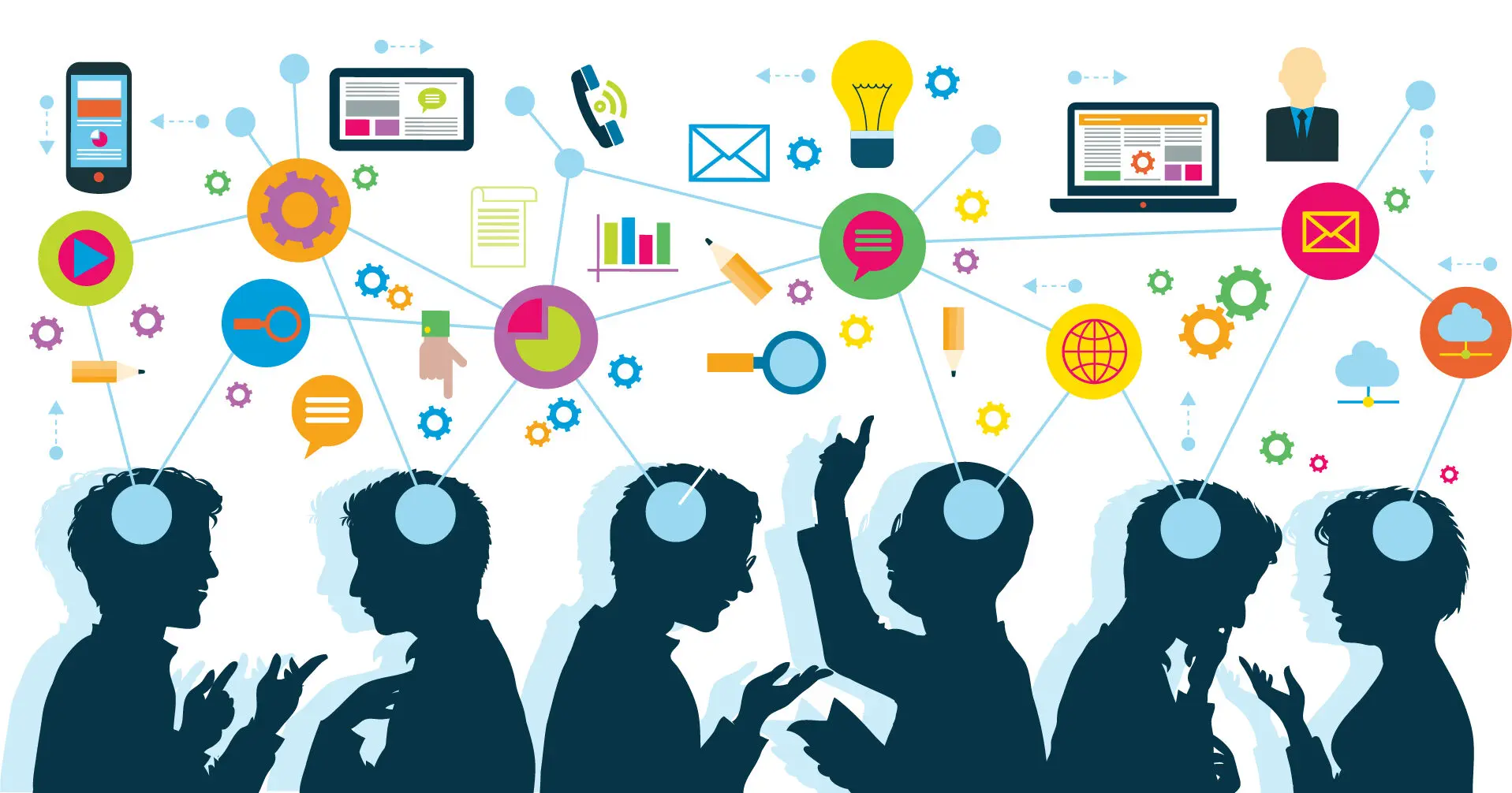How Technology is Shaping Interpersonal Communication: Exploring the Impact on Communication Skills.
As humans, we crave social interaction and communication with others. It’s part of what makes us who we are. We love being able to share our thoughts and ideas with people, and to connect with others on a deeper level.
But with technology becoming such a big part of our lives, we’ve started to rely on it more and more for our communication needs. While technology can be incredibly useful and convenient, it’s also had a big impact on our ability to communicate in person.
Think about it – how often do you find yourself texting or emailing someone instead of having a face-to-face conversation? Or scrolling through social media instead of engaging with the people around you? It’s easy to fall into these habits, but they can really take a toll on our interpersonal communication skills.

It’s amazing to think about all the ways technology has changed the way we communicate with one another. With just a few taps on our phones or clicks on our computers, we can connect with people from all over the world in an instant. It’s truly incredible!
But as convenient as all of this technology is, it’s important to recognize that it has also had some unintended consequences. One of the biggest challenges we face is that we are becoming less adept at face-to-face communication. We’re so used to communicating through screens that we’re losing touch with the nuances of human interaction.
When we rely on digital communication, we miss out on important social cues like body language, tone of voice, and facial expressions. These subtle cues help us to understand each other on a deeper level, and when we miss them, it can be challenging to fully grasp what someone is trying to communicate.
That’s why it’s important to make an effort to engage in face-to-face communication whenever possible. Whether it’s having a conversation with a friend, participating in group activities, or attending social events, we need to take the time to connect with people in person. By doing so, we can strengthen our interpersonal skills and become more attuned to the non-verbal cues that make human communication so rich and rewarding.
Another impact of technology on interpersonal communication is the decline in the quality of communication. With the use of digital communication, people tend to communicate in abbreviated language, using acronyms and emojis, which can be difficult to understand and interpret. This can lead to miscommunication and misunderstandings, which can strain relationships and cause conflicts.
Something to keep in mind is that our constant use of technology can sometimes cause us to be less mindful and present in our interactions with others. We’ve all been guilty of checking our phones during a conversation or scrolling through social media while spending time with friends, but when we do this, we’re not fully engaged with the people around us. This can make it difficult to connect with others on a deeper level and may lead to a lack of empathy. So let’s make a conscious effort to be present and attentive when we’re interacting with others, and put our phones away when we can so we can fully engage with the world around us.
It’s important to remember that technology has given rise to passive communication, where people avoid confrontation by using indirect methods of communication like social media or text messages. While this can be convenient, it can also lead to a lack of assertiveness and make it harder to resolve conflicts. So let’s make an effort to communicate directly and assertively with others, even if it means having difficult conversations. By doing so, we can build stronger relationships and develop important conflict resolution skills.
While technology has certainly had some negative impacts on our interpersonal communication skills, it’s important to remember that there are also many positive aspects to digital communication. For example, it allows us to connect with people from all over the world and build relationships that we may not have been able to otherwise. It can also be helpful for people with social anxiety or other communication challenges, as it provides a more comfortable and low-pressure way to connect with others.
That being said, it’s still important to recognize and address the negative impacts of technology on our communication skills. We need to be mindful of the ways in which digital communication can be limiting and work to develop our interpersonal communication skills both online and in person. By doing so, we can foster more meaningful connections with others and create a more empathetic and connected society. So let’s make an effort to strike a healthy balance between our digital lives and our face-to-face interactions, and work to build strong and authentic relationships with those around us.
Image Source : MBA Knowledge Base







